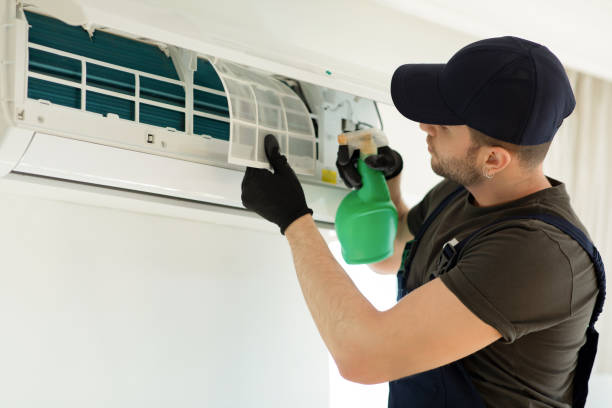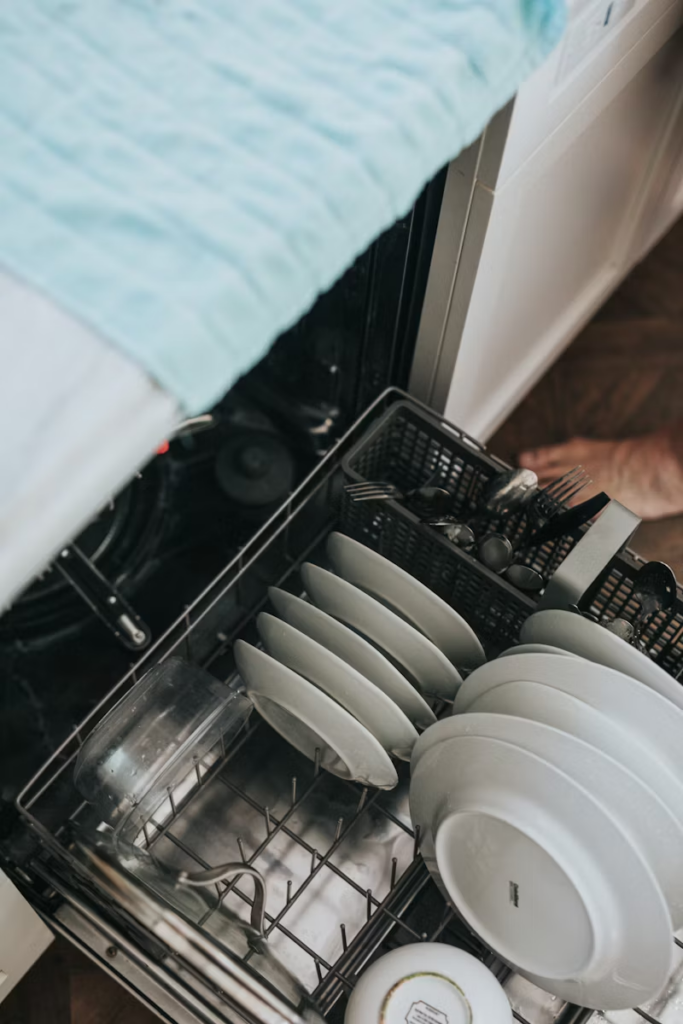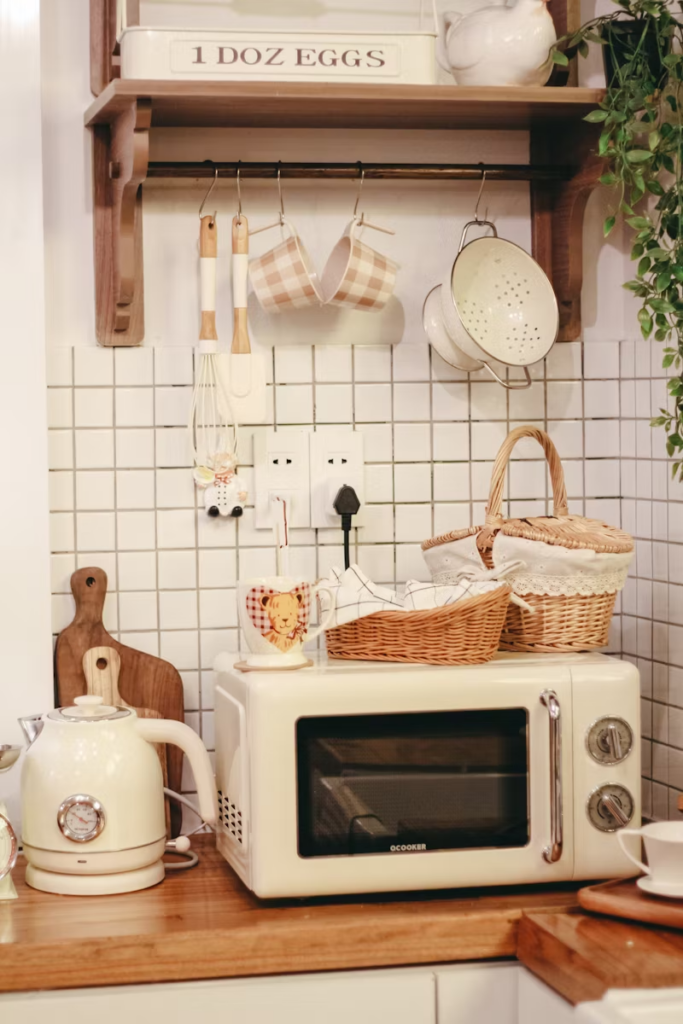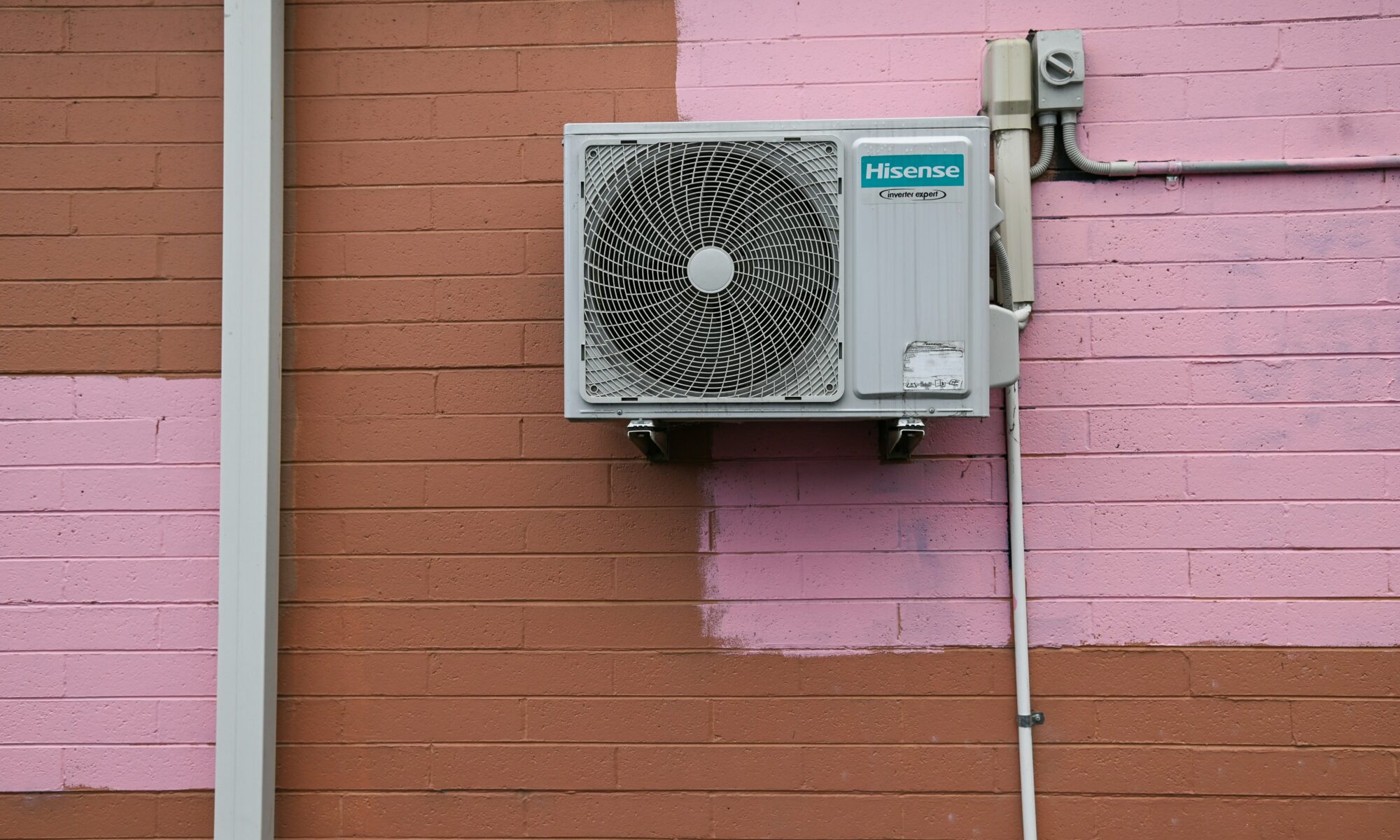Household appliances make our lives easier by handling some of the most time-consuming tasks, such as cleaning clothes, keeping our food cold, and cooling our homes. However, just like us, these appliances need care and regular cleaning to ensure they continue to operate efficiently. Appliances can accumulate dirt, dust, bacteria, and mold without proper maintenance, which may lead to decreased performance, foul odors, or even malfunctions. In this article, we’ll explore the best ways to clean common household appliances and provide guidance on how often you should clean them to keep everything running smoothly.

Washing Machine
Washing machines are essential for cleaning our clothes, but they can become dirty over time. Soap scum, mold, and mildew can accumulate in the drum, filter, and rubber seals, potentially affecting the cleanliness of your laundry.
How Often Should You Clean Your Washing Machine?
- Monthly: Run a cleaning cycle once a month, if your washing machine has one. If not, run a hot wash cycle with 2 cups of white vinegar or a washing machine cleaner.
- Every 3-6 Months: Clean the filter, detergent drawer, and hose every few months to remove any dirt or detergent buildup.
- After Each Use: Wipe the drum, rubber seal, and door after each use to remove moisture, preventing the growth of mold and bacteria.
Best Cleaning Practices:
- Run a hot water cycle with vinegar to disinfect the interior.
- After each use, a damp cloth is used to wipe the rubber seals and door.
- Clean the detergent drawer and filter with warm water and a brush to remove buildup.
- Leave the door open between uses to allow the drum to dry out.

Aircon
Aircons are crucial for keeping our homes cool, especially during summer. However, when not cleaned regularly, aircons can become less efficient and spread dust, mold, and bacteria.
How Often Should You Clean Your Aircon?
- Every 1-3 Months: Clean or replace the filter every 1 to 3 months, depending on the level of use and the presence of pets or allergens.
- Annually: Have a professional service your aircon unit once a year to check for issues, clean the coils, and ensure optimal performance.
Best Cleaning Practices:
- Turn off the power before cleaning.
- Remove and clean the filters with warm water or a vacuum to remove dust and dirt.
- Clean the external coils with a soft brush or garden hose.
- Schedule professional servicing at least once a year for deep cleaning and maintenance.

Ceiling Fans
Ceiling fans are a great way to keep rooms cool, but they can accumulate dust quickly, especially on the blades. Dirty fans can lower the airflow and negatively affect air quality.
How Often Should You Clean Your Ceiling Fans?
- Every 2-4 Weeks: Clean the fan blades every 2- 4 weeks to prevent dust buildup.
- Annually: Get the fan professionally serviced yearly to ensure it works efficiently.
Best Cleaning Practices:
- Turn off the fan before cleaning.
- Use a microfiber cloth or a ceiling fan duster to clean the blades.
- To avoid dust falling, gently wipe the blades with a pillowcase sprayed with a cleaning solution.

Dishwasher
Dishwashers do the heavy lifting of cleaning our dishes, but they need regular cleaning, too. Food particles, soap scum, and grease can build up inside, leading to foul odors, poor cleaning performance, and even mold.
How Often Should You Clean Your Dishwasher?
- Monthly: Clean the interior and exterior of the dishwasher with a dishwasher cleaner or a vinegar solution to remove buildup and odors.
- Every Week: Remove and clean the filter to ensure no food particles are left behind.
- Every 6 Months: Clean the spray arms, racks, and drainage.
Best Cleaning Practices:
- Run a hot water cycle with vinegar or a dishwasher cleaner to sanitize the interior.
- Remove and clean the filter regularly, rinsing it under warm water.
- Use a damp cloth to wipe the door edges and rubber seals to avoid mold buildup after each use.
- Clean the spray arms by removing them and rinsing to clear any blockages.

Fridge
Your fridge works hard to keep food fresh, but spills, crumbs, and food residue can quickly accumulate. Regular refrigerator cleaning ensures that your food stays hygienic and that your fridge runs efficiently.
How Often Should You Clean Your Fridge?
- Weekly: Wipe down shelves and clean any spills immediately to prevent contamination and odors.
- Every 3-6 Months: Clean the interior by emptying the fridge, removing shelves, and washing them.
- Every Year: Check the door seals and clean the condenser coils to keep the refrigerator operating efficiently.
Best Cleaning Practices:
- Use a mild detergent or vinegar solution to clean the shelves and drawers.
- Vacuum the condenser coils (usually at the back or underneath) to remove dust and dirt.
- Defrost the freezer if ice buildup occurs.
- Clean the rubber seals around the doors with a damp cloth to ensure they are airtight.

Microwave
Microwaves are convenient for reheating food but can quickly accumulate food splatters and odors. Regular cleaning ensures that the microwave works efficiently and stays hygienic.
How Often Should You Clean Your Microwave?
- Weekly: Wipe down the interior and exterior of the microwave after every use to prevent food buildup and odors.
- Every 3 Months: Clean the microwave by removing and cleaning the turntable separately. Also, clean the interior with a vinegar-water solution to remove lingering smells.
Best Cleaning Practices:
- Heat a cup of water with a few tablespoons of vinegar inside the microwave for a few minutes. This loosens food debris, making it easier to wipe down.
- Use a damp cloth or sponge to clean the interior, focusing on corners and crevices.
- Wipe down the exterior and the microwave’s keypad regularly to keep it free of fingerprints and spills.

Oven
Ovens are often used for cooking large meals, which can lead to grease and food residue buildup. Regular cleaning is necessary to maintain hygiene and avoid unpleasant odors.
How Often Should You Clean Your Oven?
- Every 3-4 Months: Clean the interior thoroughly, especially after cooking greasy or spillage-prone meals.
- Monthly: Wipe down the oven racks and exterior to avoid the buildup of grime and grease.
Best Cleaning Practices:
- Use a commercial oven cleaner or a homemade baking soda and water solution to scrub the interior.
- Remove the oven racks and wash them with warm soapy water.
- Wipe the exterior with a damp cloth to remove grease and fingerprints.
Final Thoughts
Regular cleaning and maintenance of household appliances are crucial for longevity and efficiency. By following a cleaning schedule, you can ensure that your appliances run smoothly, stay hygienic, and help save on energy costs. Cleaning your washing machine, air conditioner, fan, refrigerator, dishwasher, microwave, and oven regularly prevents dirt buildup and keeps them in peak condition. Make appliance cleaning a routine part of your home maintenance, and you’ll enjoy cleaner, more efficient appliances for years.



You must be logged in to post a comment.